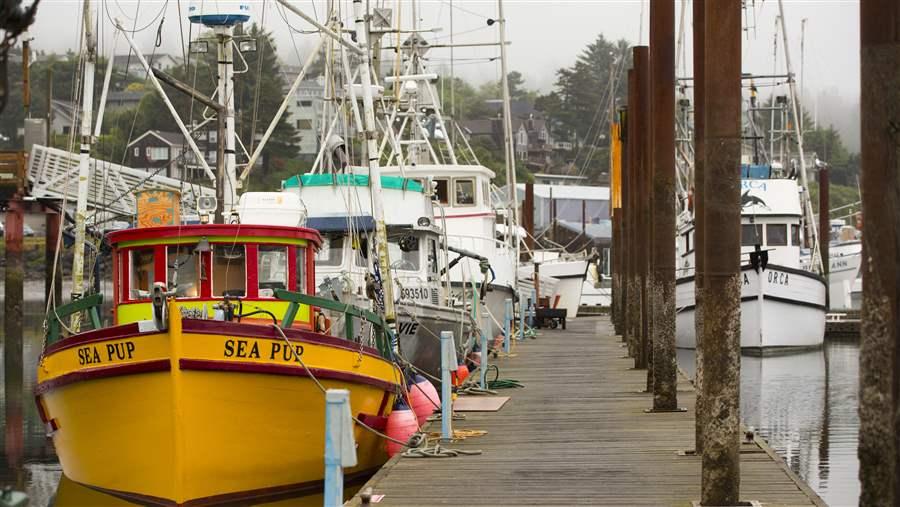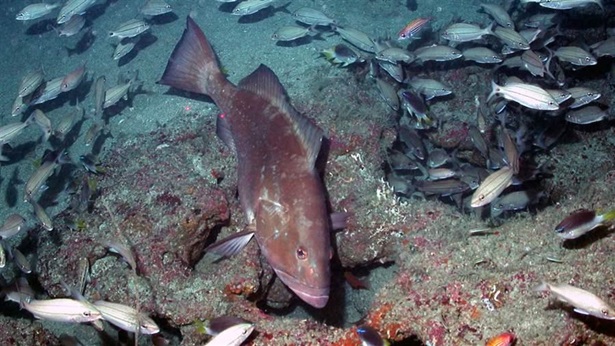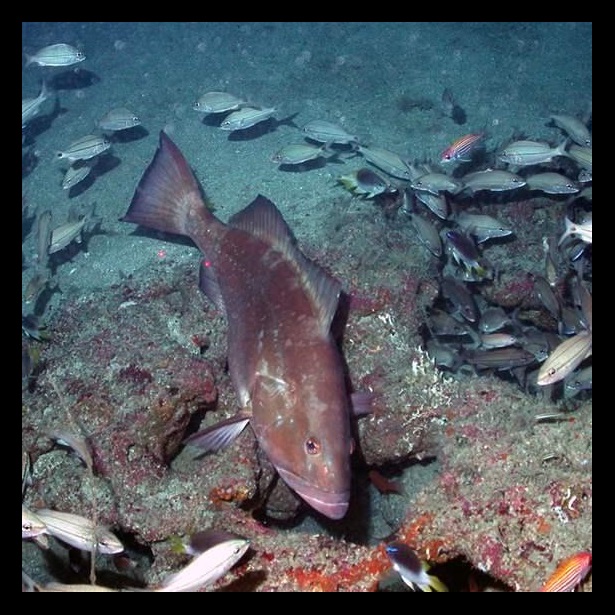House Bill Would Hurt American Fisheries and Fishermen
Proposed policy undercuts efforts to rebuild U.S. fish populations

H.R. 200 would turn the clock back on fishery management efforts that have rebuilt 43 fish populations since 2000.
© The Pew Charitable Trusts
As I wrote in a prior blog post, a bill pending in the U.S. House of Representatives threatens to reverse considerable progress on improving the health of U.S. fish populations and stabilizing the businesses and coastal communities that depend on them.
H.R. 200 is the latest attempt by some members of Congress to weaken the Magnuson-Stevens Fishery Conservation and Management Act—the law governing marine fishery management in federal waters. Two similar bills considered by the House in 2014 and 2015 failed to garner support in the U.S. Senate.
Like its predecessors, H.R. 200 would turn the clock back on fishery management efforts that have rebuilt 43 fish populations since 2000. If enacted, the legislation would undermine plans to rebuild vulnerable fish populations and would increase the risk of overfishing.
To ensure healthy populations of fish for future generations of American fishermen, seafood consumers, and ocean users, Congress must maintain our nation’s strong commitment to science-based fisheries management that prevents overfishing and restores fish populations to healthy levels. Policymakers should also consider ways to encourage fishery managers to use existing science to better protect fish habitat, conserve forage fish, and reduce bycatch (the unintended catch of nontarget fish and other wildlife).
H.R. 200 would not meet these pressing goals. Read Pew’s review of H.R. 200 for a closer examination of the proposed revisions to the Magnuson-Stevens Act and of what’s at stake for our oceans, our fish, and our economy.
Ted Morton leads fisheries work at the federal level for The Pew Charitable Trusts.
This post was updated Aug. 1, 2017 to reflect rebuilt fish populations as listed in NOAA’s June 30, 2017, “Status of Stocks” update.


America’s Overdose Crisis
Sign up for our five-email course explaining the overdose crisis in America, the state of treatment access, and ways to improve care
Sign up

Federal Bill Would Be Giant Step Backward for U.S. Fish Populations
H.R. 200 threatens years of progress in rebuilding the nation’s fisheries









